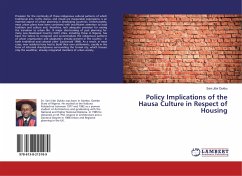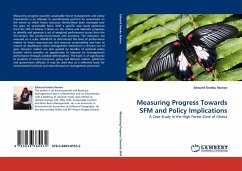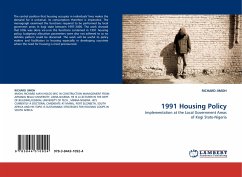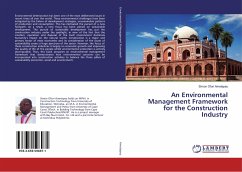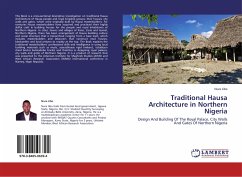Provision for the continuity of these indigenous cultural patterns of which traditional arts, crafts, dance, and rituals are inseparable expressions, is an essential aspect of urban planning in developing countries. Unfortunately, most urban plans have been conceived with insufficient attention to local tradition and culture and, therefore, lack adequate provision for easing the transition to urban life. 'A major shortcoming of past planning for many Less Developed Country (LDC) cities, including those in Nigeria, has been the failure to recognize and accommodate the indigenous patterns of urban organization and adaptation already present in the country - in both traditional and colonial cities' (Lockwood 1984). As a result, in most cases, new residents have had to build their own settlements, usually in the form of informal shantytowns surrounding the formal city, which houses only the wealthier, already integrated members of urban society.

